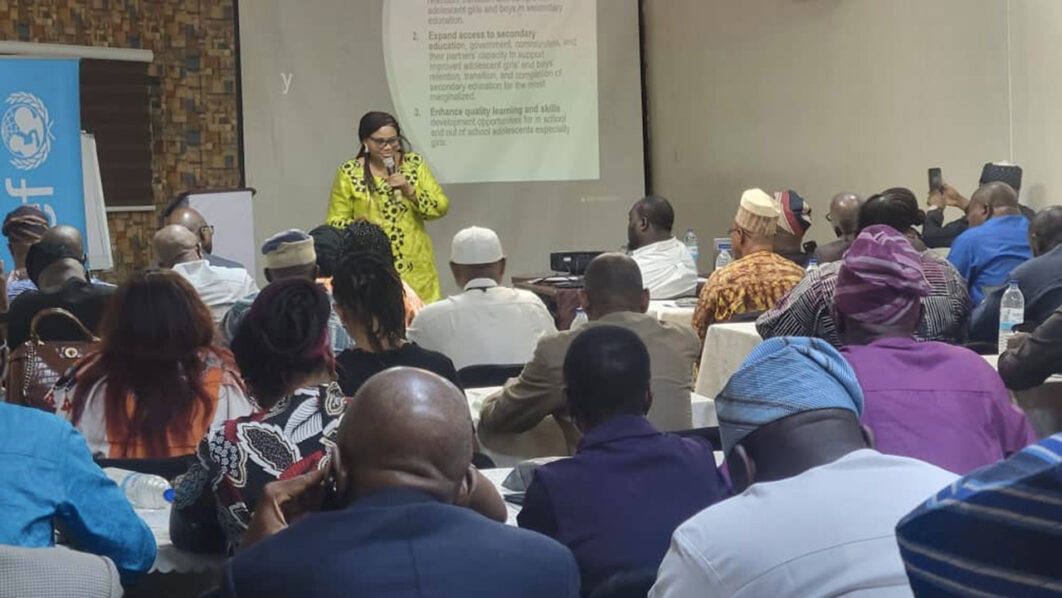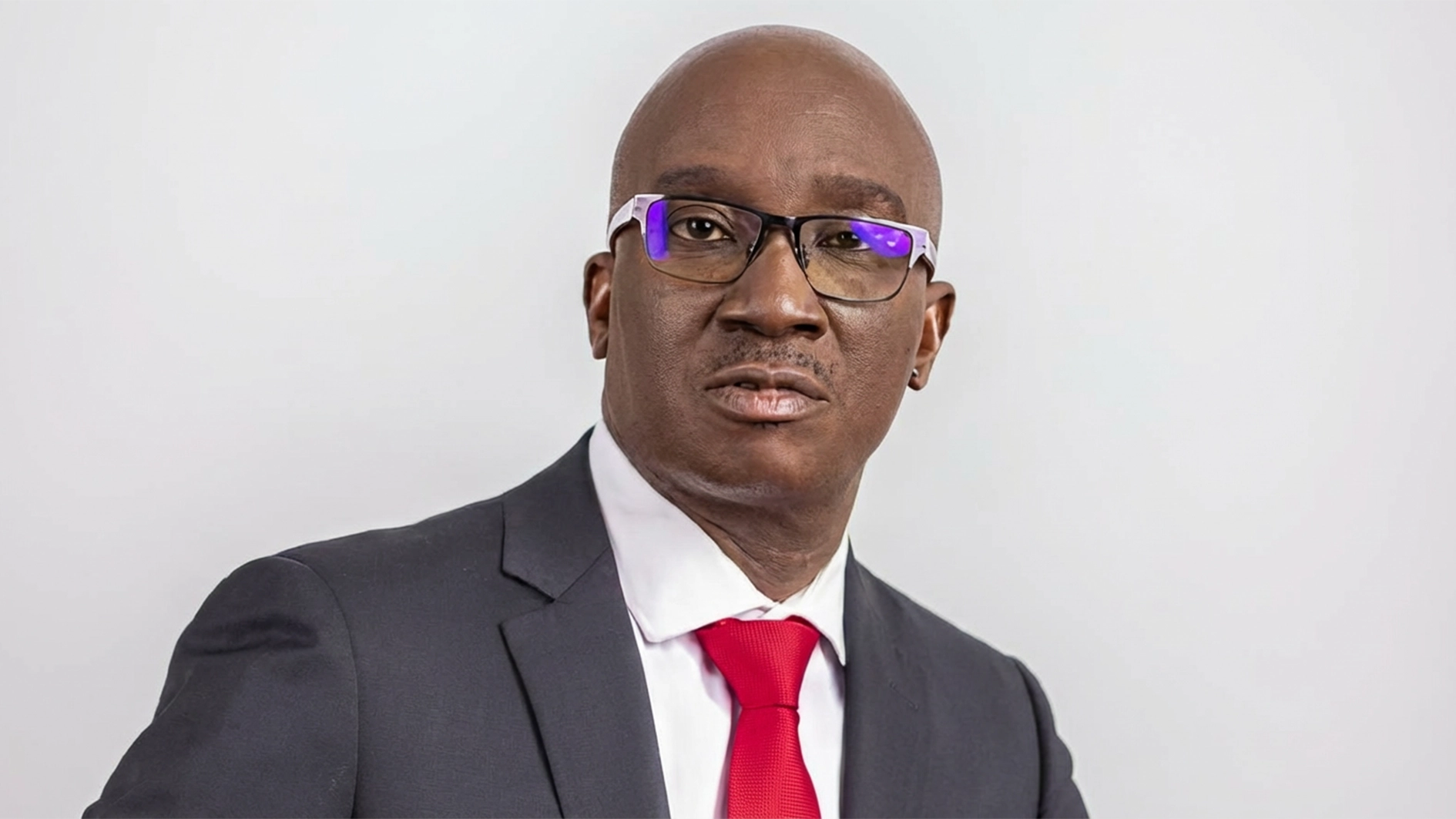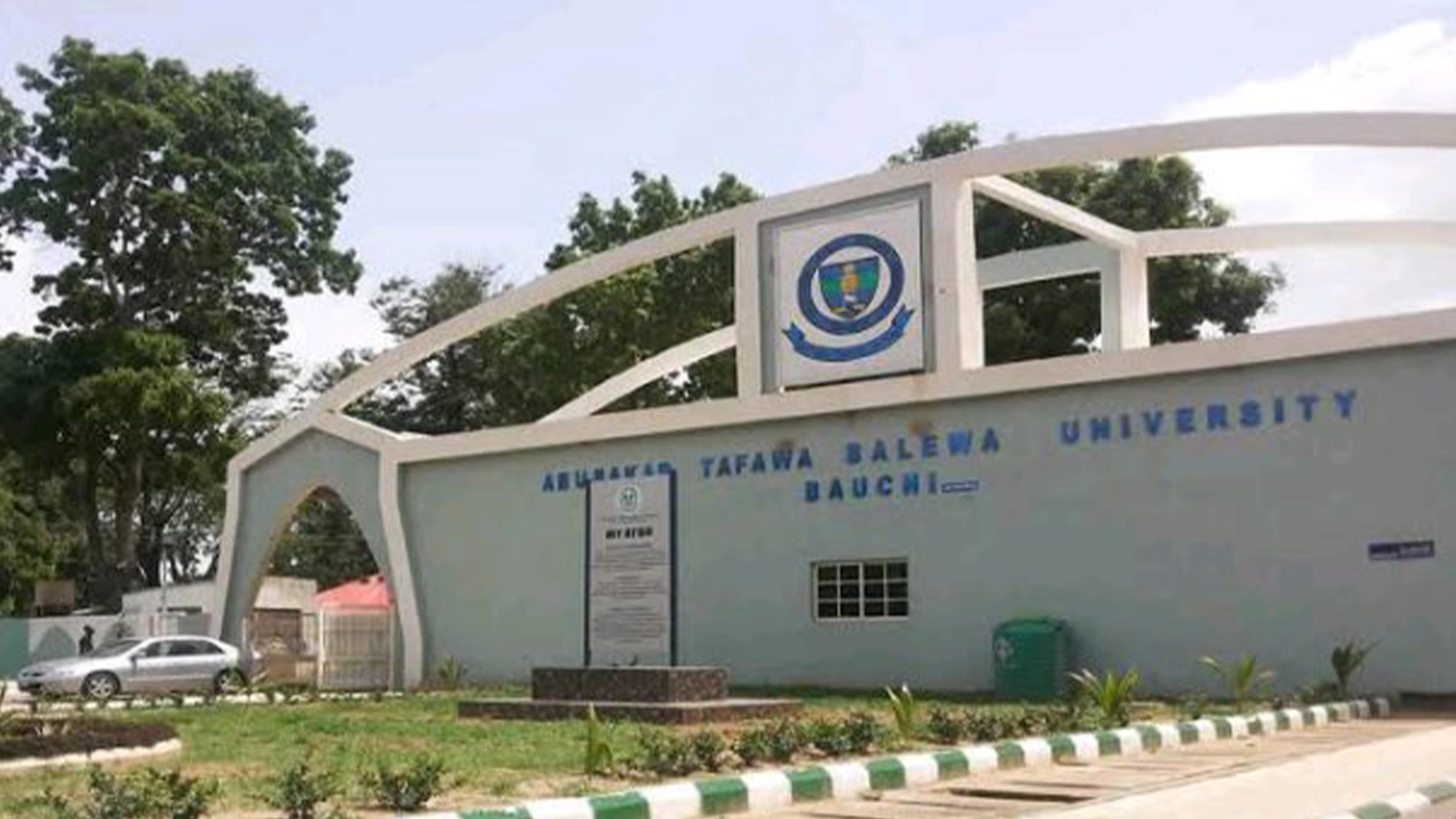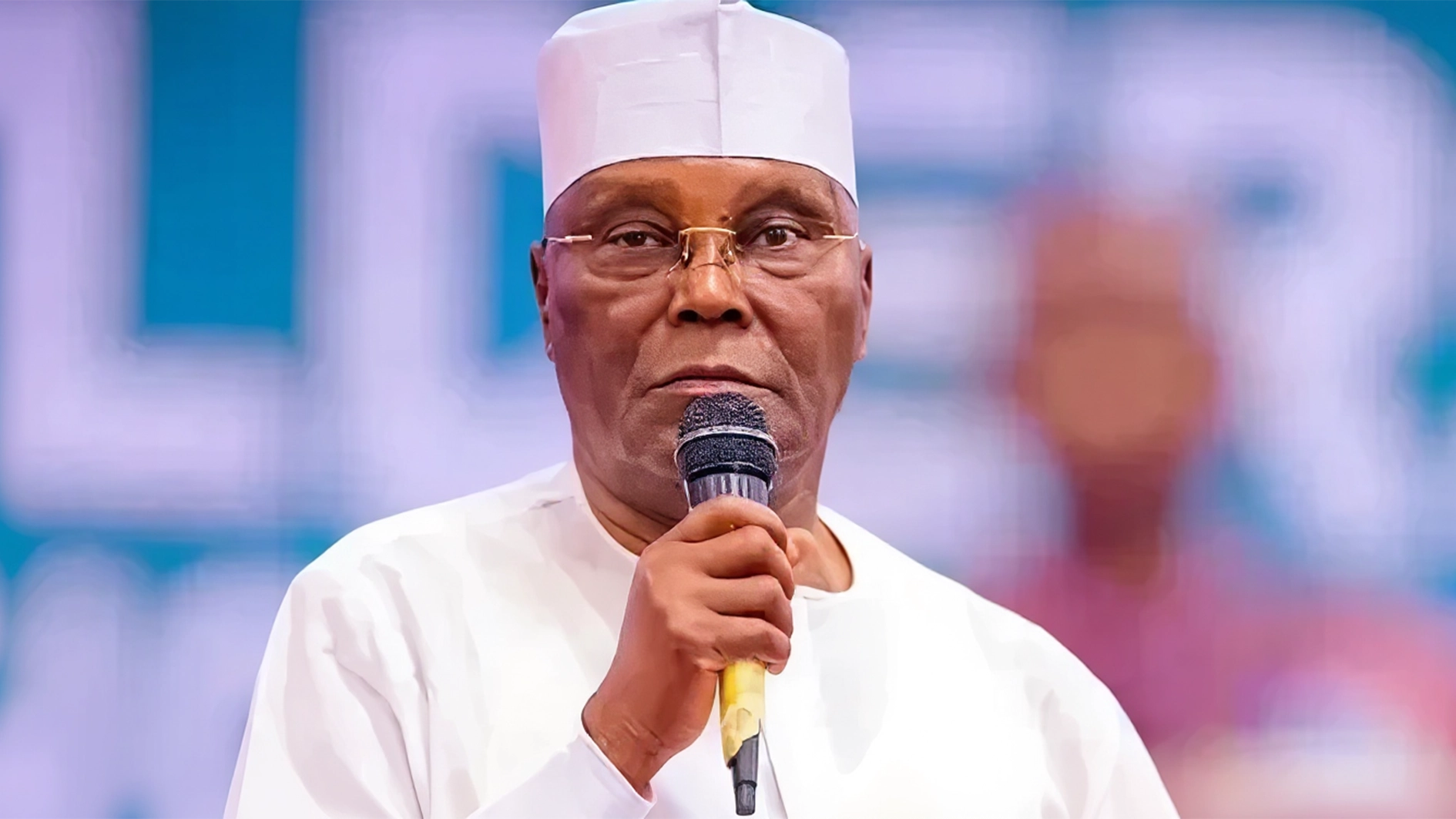
Amid concerns over the growing number of out-of-school children ravaging the country, the United Nations Children’s Fund (UNICEF) has canvassed the development of multiple learning pathways to tackle the menace.
It warned that severe consequences could be dire if this issue is not tackled headlong. At the moment, Nigeria is the world’s capital of out-of-school children, with about 18.3 million of them, 10.2 million at the primary and 8.1 million at the junior secondary school levels, anywhere but in the classroom.
In the Southwest for instance, despite ongoing efforts, recent data showed that between eight and 15 per cent of adolescents aged 10 to 18 are not completing their education, raising concerns among stakeholders, particularly educators and policymakers.
This was the crux of discussion at the two-day regional stakeholders’ meeting, which focused on out-of-school children and models for retention, transition, and completion for Southwest states.
The meeting, held at Kakanfo Inn, Ibadan, Oyo State, was attended by Education Commissioners, Chairmen of State Universal Basic Education Board (SUBEB), religious leaders, and senior civil servants.
Participants highlighted the severity of the problem and the urgent need for solutions. UNICEF Education Specialist, Babagana Aminu, quoting the multiple cluster indicator survey conducted by the National Bureau of Statistics (NBS) disclosed that eight per cent of children aged six to 16 years are out of school in the six states of Lagos, Oyo, Ogun, Osun, Ekiti and Ondo.
He said: “The most worrisome data has to do with retaining those children that must have enrolled in school. Data showed that about 92 per cent and 85 per cent of those children complete primary and upper secondary education. That means a lot of children who entered primary school may not have the opportunity to complete junior secondary school, and that means the future for them is still blurred.
“So, where are these children? It means if they are not in school, they are out of school. If they are out of school, are they doing any vocational or skills programmes?
“That means there is a need for government and stakeholders to address these issues, especially around 21st Century skills, foundational literacy, and transferable skills, which are essential for them to thrive in today’s world.
Aminu emphasised the need to build multiple learning pathways to address the growing out-of-school population in the country.
Similarly, an education specialist at UNICEF, Azuka Menkiti, said the programme was aimed at supporting the zone to address issues of retention, transition, and completion of basic school, which is also contributing to the number of children who are not in school.
“What the two-day meeting is doing is supporting states to begin to look at issues that are drivers of dropouts for adolescents in their states.
“When we talk about the bigger picture of out-of-school children, we are looking at them from different perspectives: those who have never enrolled in school, those who are likely not to enrol, and those who have dropped out of school. So, we are interested in this meeting for those who are at risk of dropping out and at risk of not actually completing secondary education,” Menkiti said.
She canvassed improved funding of secondary education so as to equip the students with necessary skills to succeed in life. Menkiti also emphasised the need for states to leverage community and religious leaders to address social norms that prevent children from attending school.
“UNICEF aims to strengthen educational systems, expand access, and improve quality learning opportunities for adolescents,” Menkiti said. Oyo State Commissioner for Education, Science and Technology, Prof. Saliu Adelabu, expressed concerns with the influx of young children into the state. He said the Ministry of the Environment is working on integrating them into schools or vocational centres.
Commissioner for Education, Science, and Technology in Ogun State, Prof. Abayomi Arigbabu, said his state government was already addressing issues and factors indirectly affecting children, while his Ondo State counterpart, Laolu Akindolire, also said all factors causing children to drop out-of-school were already been addressed in the state to ensure that no child is left behind regardless of location, financial capabilities and gender.
Director of Social Mobilisation at Lagos State Universal Basic Education Board (LSUBEB), Omolaja Hamzat, highlighted the board’s commitment to ensuring every child has access to education through initiatives like ‘Leave No Child Behind’ and ‘Project 0’, which aims for zero tolerance of out-of-school children.






